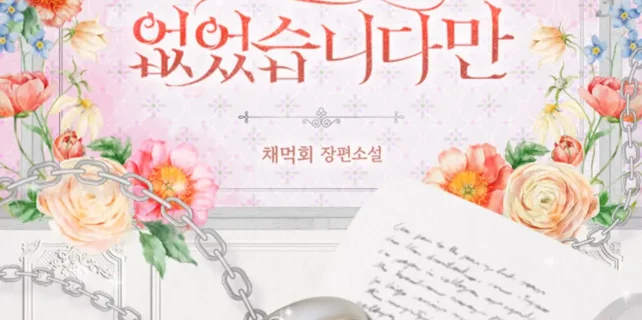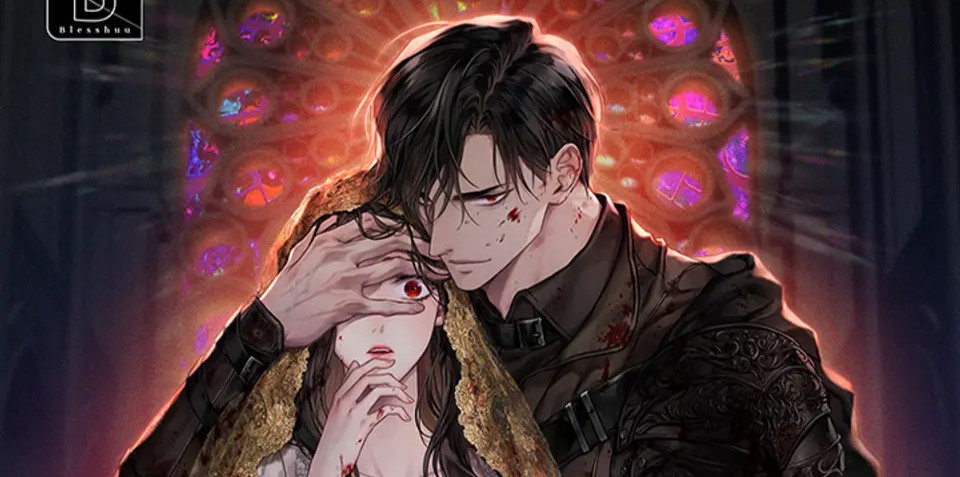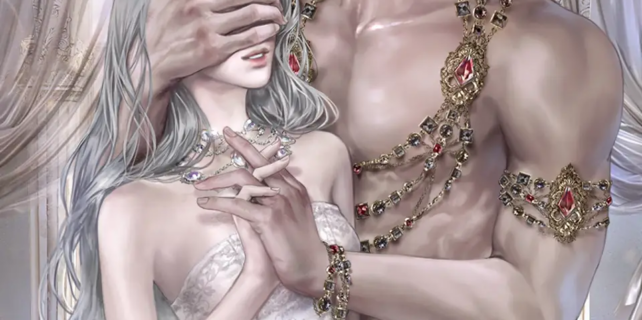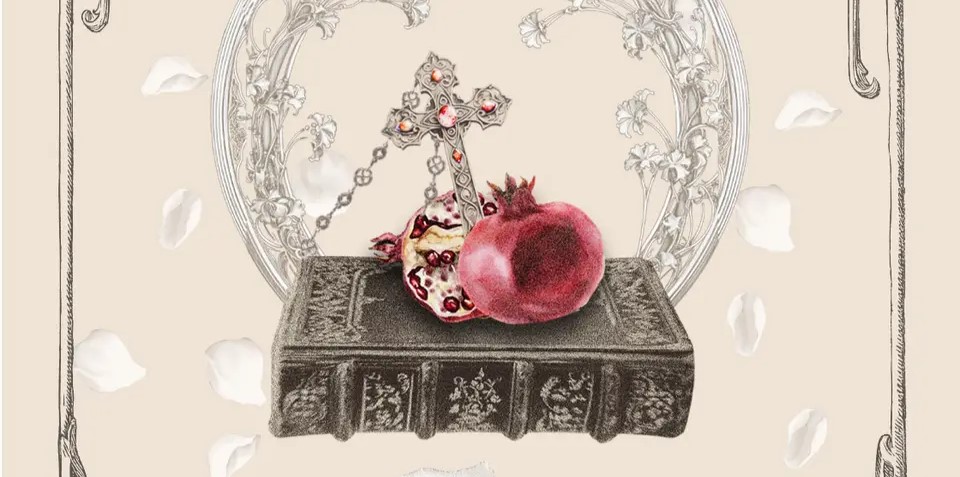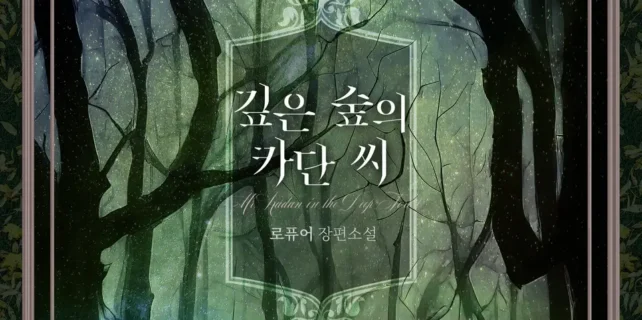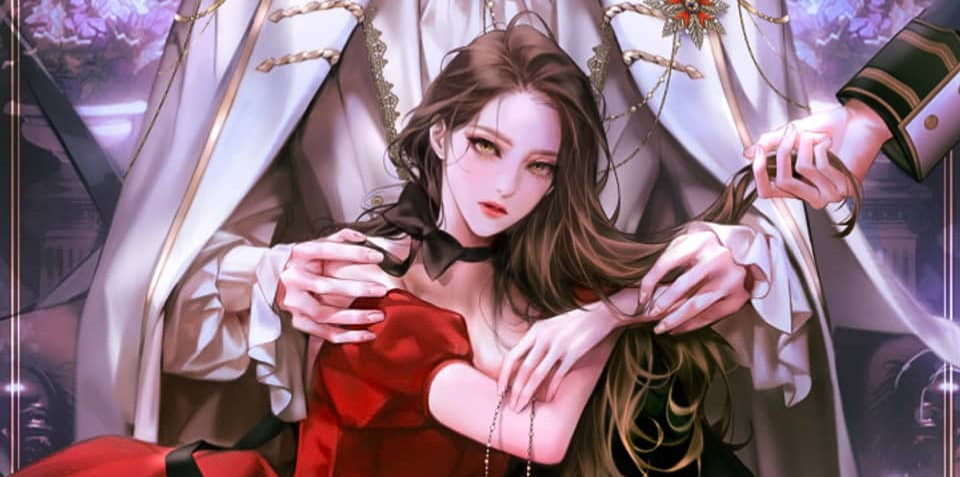We're Married, After All - Chapter 32
To be honest, I had expected to find it here. After all, I couldn’t find the underwear I’d been wearing that day no matter how much I searched. It wasn’t hard to imagine Danel carefully holding onto it like it was some sort of treasure.
But still.
But still… I couldn’t stop my face from heating up.
I let out a small groan. At moments like this, I desperately wanted to understand what went on in Danel’s mind. Looking at things like this, it felt like he either loved me or at least worshipped me in some way. Yet, the more time passed, the more I found myself trapped and isolated by him.
“At least I know one thing—he doesn’t trust me.”
And another thing—I was certain what I was looking for wasn’t here.
I shut the safe. Everything inside was about me and nothing else. What I was curious about was Danel, not his collection.
I moved to the center of the study and looked around. I was back to square one.
I retraced the memories of the past few months. Danel Veloce—not the boy I had once known, but the man who was now my husband. What would he have done? If he needed to hide something, to conceal something important—where would he put it?
The answer came to me surprisingly quickly.
“It’s probably the desk.”
Even on the day I was drugged, Danel hadn’t left his desk. Despite the unnaturally overwhelming drowsiness he must have felt, he didn’t retreat to the sofa. It made sense that everything would be there.
I began rummaging through the drawers of his desk. The ornate and massive ebony desk had seven drawers, but two of them were locked—the broad, shallow drawer just beneath the tabletop and the top right-hand drawer.
It was the large, deep drawer at the bottom of the desk.
Without much hesitation, I sat down in front of the lowest drawer. It was easy to picture Danel stretching out his long arms to lock it.
I bent the tip of the wire I’d taken from the candlestick and inserted it into the keyhole. It had been nearly ten years since I’d done something like this.
I had been the only daughter who couldn’t accept the rule: “Only sons may enter the secret space behind the family sitting room.” The idea that I was excluded from family secrets simply because I was a daughter had been infuriating back then.
So I had desperately taught myself how to pick locks. Whether it was sheer determination or some innate talent, I had mastered the skill before that summer ended.
When I finally unlocked the space, I found nothing particularly impressive. Of course, everything inside was important to the family—treasures or secrets critical to the house—but nothing so extraordinary that it should have been kept from me. If it had truly been so important, they would have entrusted it only to my eldest brother, the heir.
That wasn’t the last time I felt disappointed. Over time, there were several more moments like that, but I eventually stopped expecting anything entirely.
I remember it most clearly during a hunting festival. It was a competition where the winner was the one who caught the largest prey. My father registered the bear I had hunted under my third brother’s name.
Yes, as the youngest daughter of Marquess Temesio, my catching a bear held no significance. But if the third son accomplished it, it became an important matter—proof of his abilities and a cause for the family’s celebration. That was the turning point when I stopped letting myself feel disappointment.
Looking back, what I felt wasn’t disappointment but humiliation. It was then that I realized why my father didn’t see it as a flaw for his daughter to learn skills expected of noblemen.
Because to him, it was meaningless.
There were a few more similar instances, but I never felt disappointed again. Instead, I gradually lost interest in most things. Eventually, I stopped feeling curiosity or excitement altogether.
These days, I no longer feel the anger when someone mocked me, saying I was “arrogant for being good at nothing more than a hobby.” If my fiancé hadn’t run away, it would have remained just as meaningless.
But I was happy.
Happy that someone remembered me wielding a lance on horseback—acts so worthless they weren’t even shown to others.
Happy that they thought of it as if they had seen the most beautiful thing in the world.
Happy that someone I never imagined would have noticed me spoke of it in such a way.
And so… I was truly happy.
“Which is why the disappointment was even greater.”
Click.
Fortunately, the lock released just before the long-buried despair could rise again.
The mechanism was quite sophisticated. The drawer itself was double-layered, reinforced with iron plates under the wood. Even if the desk were set on fire, the contents inside would remain intact.
But the actual contents were surprisingly ordinary.
I lifted the candlestick to illuminate the drawer’s interior. Inside were several sketchbooks bound with silk threads and a few rolled-up sheets of paper. That was all.
I picked up the top sketchbook first. As I flipped through it quickly, the musty scent of aged paper wafted up to my nose.
The drawings were done with a blunt pencil or charcoal. They were mostly dynamic sketches, capturing fleeting movements rather than detailed landscapes. Yet, they were captivating in their simplicity, revealing the artist’s considerable skill.


